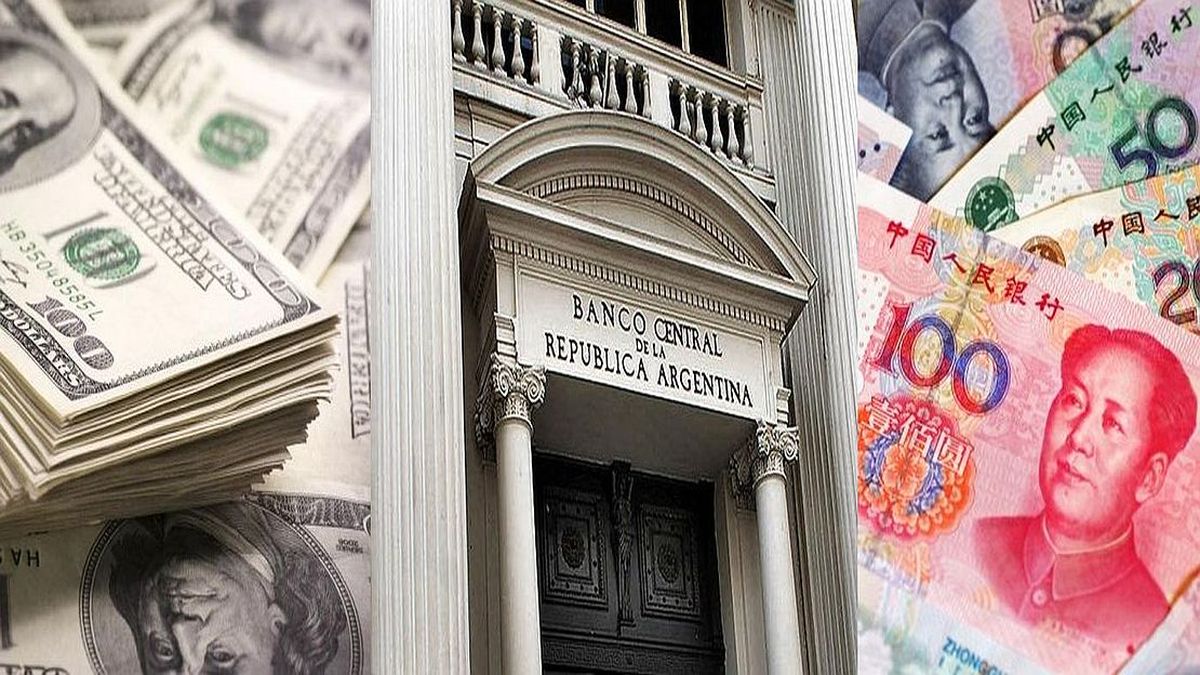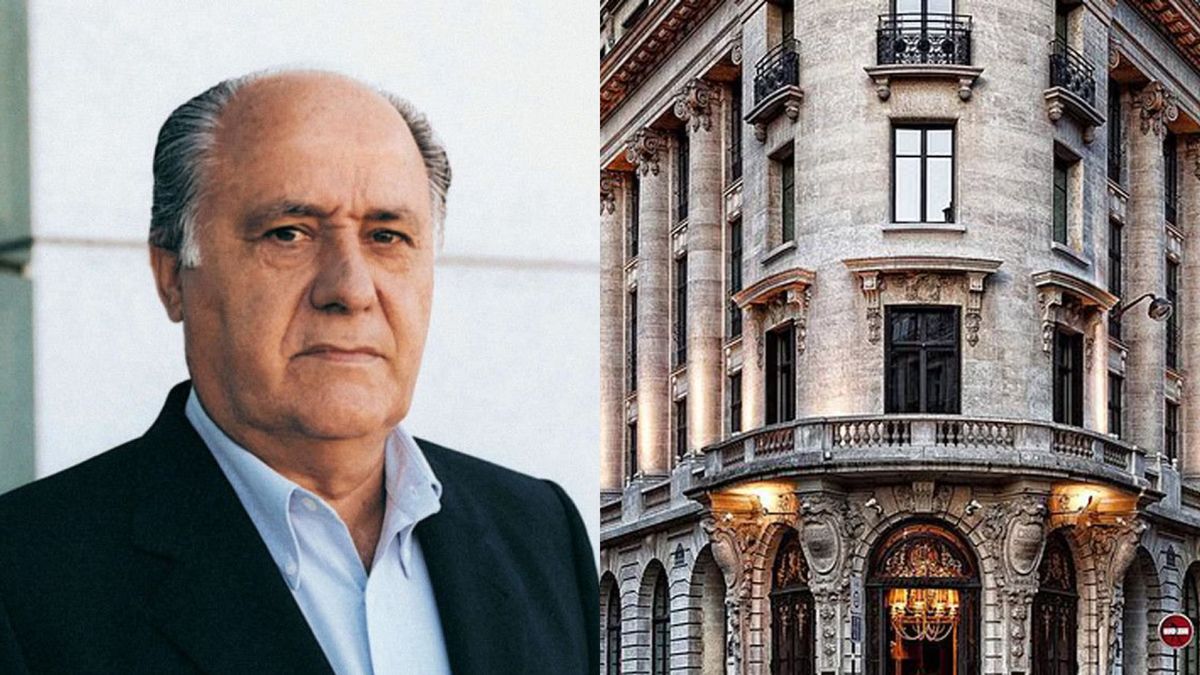The Monetary Committee of the entity estimates that “similar reductions” will occur each month, with adjustments “if justified by the evolution of the economic outlook.”
A) Yes, if inflation is too high, the reduction in these purchases will be greater, before starting to increase the reference rates, which will remain close to zero until inflation has reached 2% and is “on the way to moderately exceed 2% for some time”.
The entity pointed out that the high inflation rates respond in part to difficulties in world supply, which would have to decrease with the recovery of production after the negative effects of Covid-19.
“Imbalances in supply and demand due to the pandemic and the reopening of the economy contributed to significant price increases in some sectors”, they summed up at the Federal Reserve.
It should be noted that inflation according to the Fed’s preferred measure, the price index for personal consumption expenditures, has reached twice the target rate since May. Prices rose 4.4% in the 12 months to September in the United States, a maximum since 1991, according to the benchmark PCE.
Even in this context, the Fed fears that raising the reference rates early will harm the reactivation of the labor market.
Private companies hired 571,000 people in October, services firm ADP reported Wednesday, the latest sign that the US economy is recovering from the coronavirus pandemic.
The rise in employment was greater than analysts expected. Companies of all sizes added jobs, most of them in the service sector, including leisure and hotels, two areas that were heavily affected by sanitary restrictions.
Some central banks have already raised their rates, for example in Norway, New Zealand or Brazil. For its part, England could announce a hike on Thursday.
The European Central Bank (ECB), meanwhile, maintained its support measures. Its president, Christine Lagarde, on Wednesday considered a rise in benchmark rates in 2022 “very unlikely.”
The US Treasury Secretary, Janet Yellen, predicts that “next year a good part of the current bottlenecks linked to the reopening” of the economy will disappear and “in the course of the second half of the year” it will be seen at “rates inflation return around 2% “, according to statements this Wednesday.
Source From: Ambito
David William is a talented author who has made a name for himself in the world of writing. He is a professional author who writes on a wide range of topics, from general interest to opinion news. David is currently working as a writer at 24 hours worlds where he brings his unique perspective and in-depth research to his articles, making them both informative and engaging.




